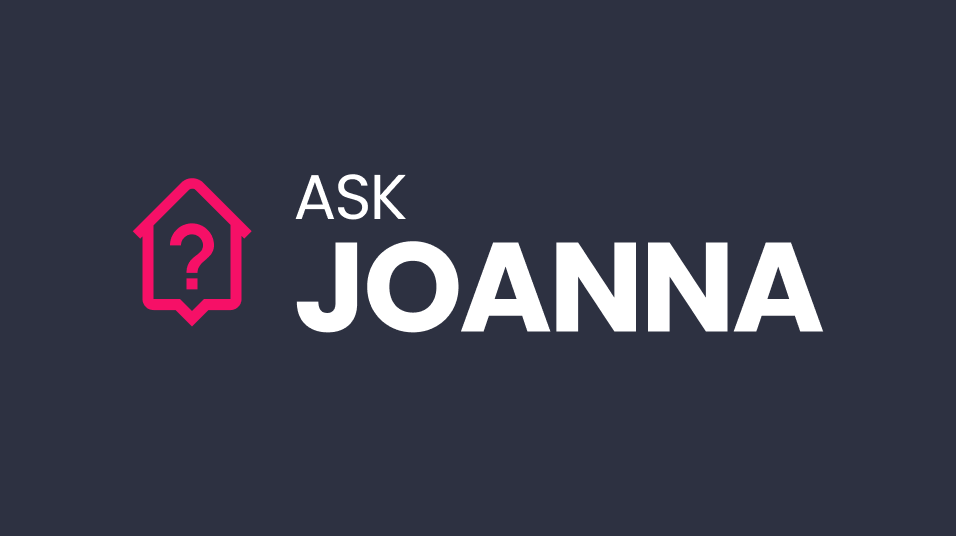Buying and Selling Property Guides

It's nearly here - Our new website is coming soon.

Being built with Love by Liadin from DotGO

It's nearly here - Our new website is coming soon.

Being built with Love by Liadin from DotGO